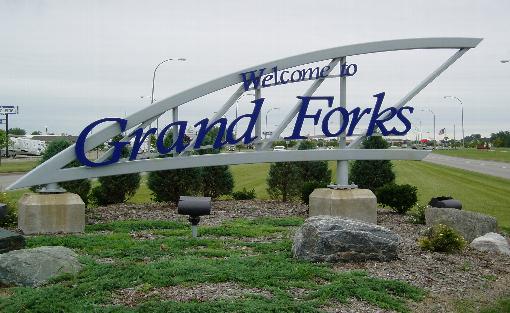City Official: New Protections For Homosexuals Will Make Little Difference

Despite the attention the issue gets, there’s little actual data to suggest that there’s any real problem with housing or employment discrimination against homosexuals. On the issue of housing discrimination specifically, I spoke with then-Labor Commissioner Tony Weiler back in April who told me that complaints over discrimination against homosexuals were not only minimal in North Dakota but also minimal in Minnesota which has a much larger population, and a much larger number of homosexuals, than North Dakota.
But the proponents of political fads rarely concern themselves with such trivialities, and the City of Grand Forks (looking to spurn the legislature which shot down this sort of legislation earlier this year) pushed ahead with new policies banning discrimination on the basis of sexual orientation for city hiring (the city council, rightly, didn’t feel they had the authority to implement the policy beyond municipal hiring). But a comment from the city’s human resources director speaks volumes:
Director of the city’s human resources department, Daryl Hovland, said he did not see the amendment having an effect on the department.
“We hire the most qualified candidates,” he said. “I don’t see this having any impact.
Exactly right. I’m sure the City of Grand Forks does try to hire the most qualified candidate. As do businesses in the private sector.
Free labor markets are the best tool we have against any sort of discrimination, whether we’re talking about professional sports (I thought the recent Jackie Robinson biopic in theaters could just as well have been titled “How The Free Market Ended Racism In Baseball”) or municipal employees. In a free market, organizations that make decisions based on merit succeed. Those that prioritize racism or sexism or discrimination against those of a certain sexual orientation above merit lose, because they’re denying themselves the best possible talent (and opening themselves to boycotts should their discrimination be made public).
We don’t need laws against discrimination. All we need are free labor markets, and free speech.







